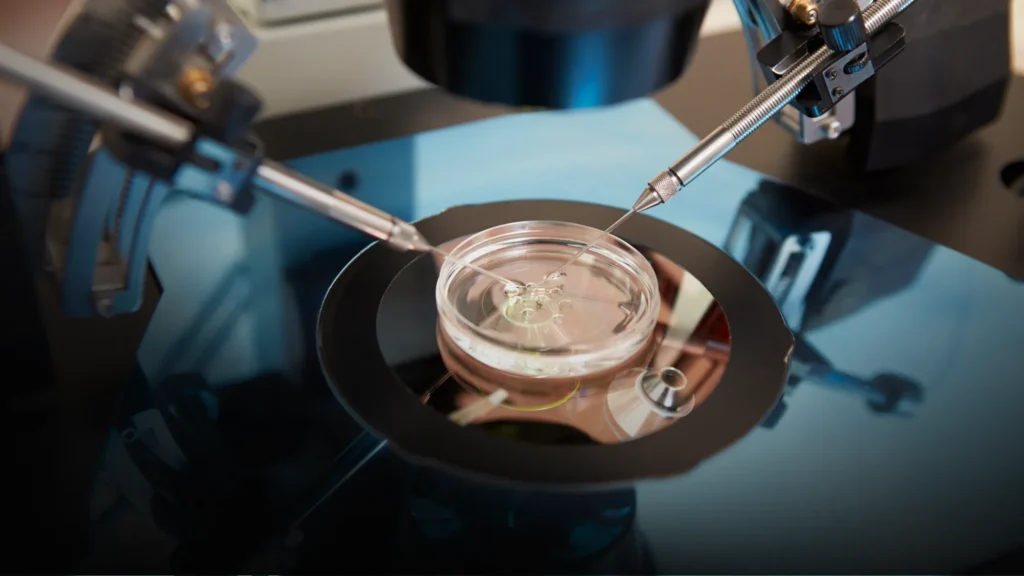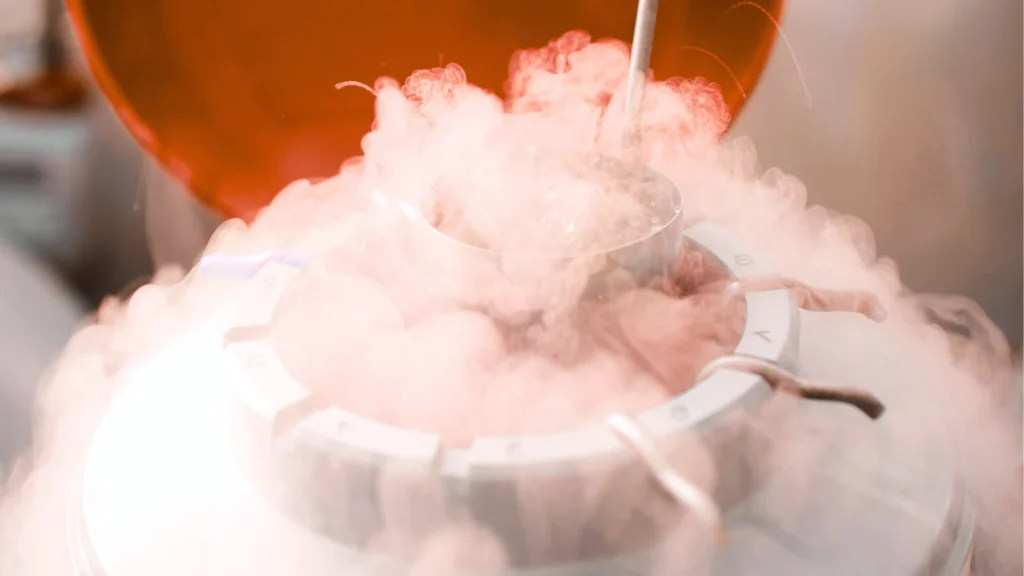Are you considering egg freezing in Atlanta? As more women explore fertility preservation, understanding the facts, process, and realities of egg freezing in 2025 is essential. Whether you’re searching for “egg freezing clinic near me” or simply weighing your options, this guide from Hope Fertility covers what every Atlanta woman should know.
Why Egg Freezing?
Egg freezing, or oocyte cryopreservation, allows women to preserve their eggs at a younger age for future use. This technology is especially valuable for those prioritizing career goals, facing medical treatments like chemotherapy, or simply wanting flexibility in family planning. By freezing eggs now, you preserve their current quality, potentially increasing your chances of a healthy pregnancy later in life.
The Egg Freezing Process: Step by Step
- Initial Consultation
Meet with a reproductive endocrinologist at an egg freezing clinic for a comprehensive fertility assessment, including ovarian reserve testing and ultrasound scans.
- Ovarian Stimulation
Hormone therapy stimulates your ovaries to produce multiple eggs. Regular monitoring ensures safety and effectiveness.
- Egg Retrieval
Mature eggs are collected in a minimally invasive, outpatient procedure under sedation.
- Cryopreservation
Eggs are flash-frozen using vitrification, a rapid freezing technique that preserves egg quality by minimizing ice crystal formation.
- Long-Term Storage
Frozen eggs are securely stored and can remain viable for many years, with successful pregnancies reported even after a decade or more.
Success Rates and Realities
While egg freezing is the only proven method to preserve and extend fertility, it’s important to set realistic expectations. Not every frozen egg will result in a baby. On average, each frozen egg has a 4.5% to 12% chance of leading to a live birth. Younger women typically have higher success rates, and freezing more eggs increases the likelihood of future pregnancy.
Modern vitrification techniques have improved egg survival rates during thawing to about 95%. However, factors like age at freezing, egg quality, and overall health still play significant roles in outcomes.
Costs and Insurance
The cost of egg freezing in Atlanta generally ranges from $10,000 to $12,000 per cycle, not including annual storage fees or future IVF procedures. Some insurance plans and employers may offer partial coverage, but most women pay out of pocket.
Risks and Considerations
Egg freezing is considered safe, with serious complications occurring in less than 2.5% of cycles. The most common risk is ovarian hyperstimulation syndrome (OHSS), which is rare with modern protocols. Emotional and financial investments are significant, and it’s crucial to understand that egg freezing does not guarantee a future pregnancy.
Setting Realistic Expectations
Egg freezing offers hope and flexibility, but it’s not a guarantee. Success rates decline with age, and using frozen eggs requires in vitro fertilization (IVF), which can be physically and emotionally demanding. It’s best to view egg freezing as a way to increase your chances—not as a promise of future fertility.
Choosing the Right Egg Freezing Clinic in Atlanta
When searching for “egg freezing clinic near me”, look for clinics with experienced reproductive endocrinologists, transparent success rates, and comprehensive patient support. Hope Fertility is committed to guiding Atlanta’s women through every step, from consultation to storage and beyond.
Final Thoughts
Egg freezing in 2025 is more accessible and effective than ever, but it’s essential to make informed decisions. Consult with a trusted egg freezing clinic near you to discuss your unique situation, ask questions, and set realistic expectations for your fertility journey.
Hope Fertility is here to support Atlanta’s women with expert care, advanced technology, and compassionate guidance every step of the way.




